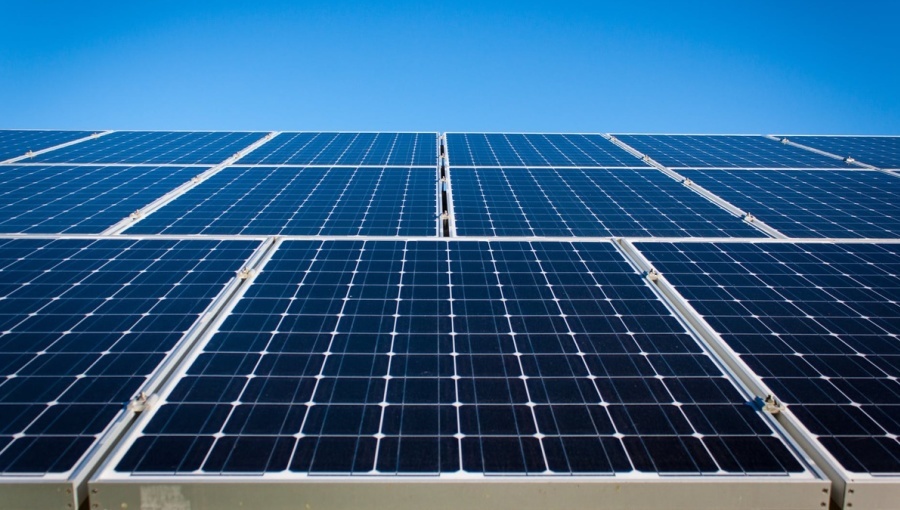Poland plans concerted effort to build national photovoltaic industry

Poland aims to build a national photovoltaic (PV) industry under a plan spearheaded by the country’s climate ministry and a group of lobbyist organisations and think tanks, announced on September 11.
Poland, which still produces over 70% of its electricity by burning climate-warming coal and lignite, has to build a cleaner energy mix in the coming decades, in line with the European Union’s ever-stricter climate policy.
Warsaw has long been uncomfortable about Brussels’ increasing the bloc’s climate ambitions, arguing its heavy dependence on coal makes the energy transition much more difficult and costly than in other member states. Poland remains the only member state not yet officially committed to the EU’s 2050 climate neutrality goal.
Still, the ground is shifting from under coal’s longtime unshakeable position in Poland. Alongside state-backed investment in offshore wind power, developing PV – which is converting sun’s energy into electricity – has become one of the main elements of Warsaw’s plan to reduce emissions of carbon dioxide, the main climate-warming gas, in the power sector.
Poland tabled an update to its energy policy earlier last week that assumed reducing coal’s share in the energy mix from over 70% today to 11-28% in 2040.
“Polish industrial companies from the photovoltaic industry are officially joining forces today,” Deputy Climate Minister Ireneusz Zyska said.
The total installed PV capacity amounted to nearly 2,650 megawatts (MW) in August, according to the climate ministry. That is about a fourth of the installed capacity across all renewable energy technologies in Poland and the second-largest renewable energy technology in the Polish power system after onshore wind.
Earlier this year, Poland said it was considering building a PLN1bn (€225mn) PV panel factory that could boost the country’s PV manufacturing capacity tenfold and challenge China’s dominance in the sector. The state-owned development fund PFR said it was interested in covering part of the cost of the factory.



Follow us online